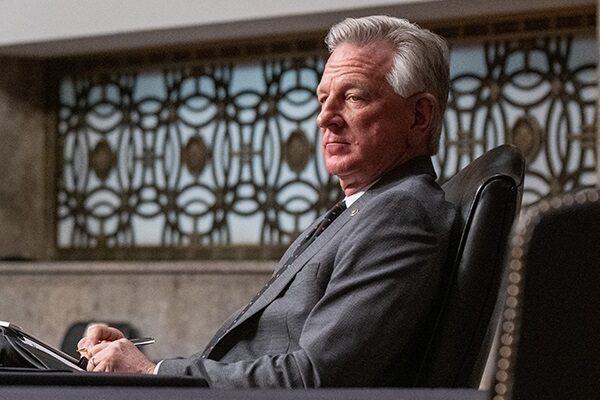For decades, and across multiple wars, the U.S. military disposed of various types of waste by burning it in large pits near their military bases. These burn pits emitted airborne toxins, and, as a result, many soldiers in close contact with burn pits have been diagnosed with rare illnesses and diseases, often manifesting years after they completed their tours of duty. Approximately 3.5 million Post-9/11 veterans are assumed to have been exposed to burn pit toxins. And for years, these veterans have called on Congress and the Department of Veterans Affairs (VA) to provide some form of health care and compensation relief.
So, this Congress drafted the Honoring Our Promise to Address Comprehensive Toxins (PACT) Act, a massive piece of legislation that attempts to right size VA healthcare and benefits policies regarding veterans suffering from illnesses related to toxic exposure. The U.S. House of Representative passed one version, but the U.S. Senate considered a slightly different version – and I had several concerns with the bill the Senate considered.
First, Majority Leader Chuck Schumer bypassed the Senate’s normal process of allowing the committee of jurisdiction to craft the bill and hash out issues. In this case, the bill should have gone through the Senate Committee on Veterans’ Affairs, of which I am a member. Instead, Senator Schumer elected to bring the legislation straight to the floor without full committee input.
Because this issue is so important and because this legislation is so large with far-reaching implications, I was willing to give the Senate a chance to improve the bill since our committee did not have that chance. So, I voted yes on a procedural vote to allow the Senate to begin debate on the bill.
Unfortunately, Senator Schumer did not allow an amendment process, so the bill went through as written. The bill’s authors claim it only addresses illnesses caused by burn pit exposure. However, under the version that passed, the VA would be required to cover healthcare and process disability compensation claims for veterans who report having conditions like prostate cancer, which has no evidence of association to burn pits.
Further, the implementation of the bill as it’s currently written will result in significant delays in the delivery of VA care and benefits. This has the potential to create severe backlogs where veterans who are suffering from burn pit-associated illnesses are waiting behind those who may not be suffering from a service-connected condition at all – some estimates say it could increase the backlog from more than 200,000 pending disability compensation claims to over 1.5 million claims. The administrative burden on the VA will be enormous. Not only will the VA have to write new regulations on how this law will be implemented, which may take over a year, but it will also be required to hire thousands of people to administer the new programs. The VA is one of the biggest healthcare systems in the world, and we need to make sure it runs well for every veteran. We must ensure any money we put in doesn’t add to or create any problems.
By being written so broadly with no cost offsets, the bill will likely cost Americans at least a trillion dollars in the long run. This is money our country does not have. And unfortunately, it’s taxpayers – including the families of veterans – who will have to shoulder the cost. Unfortunately, for these reasons, I could not support this bill.
There is no more important work for Congress than taking care of our service members and veterans. But it’s important we get that work right. There is so much that reverberates from decisions we make up here in Washington – how a federal agency will implement the laws we pass, if our laws will actually help those we intend to help, and how much the laws will cost taxpayers in the future.
If the PACT Act were targeted and if we could ensure the implementation of it by the VA would be executed in an efficient manner, I would have supported this bill. As the son of a veteran and a member of the Senate Committee on Veterans’ Affairs VA Committee, helping all veterans is one of my top priorities– but we need to do it the right way, making sure those who need care and benefits can efficiently receive them.
Senator Tommy Tuberville represents Alabama in the United States Senate and is a member of the Senate Armed Services, Agriculture, Veterans’ Affairs, and HELP Committees. The views and opinions expressed here are those of the author and do not necessarily reflect the position of 1819 News. To comment, please send an email with your name and contact information to Commentary@1819News.com.









